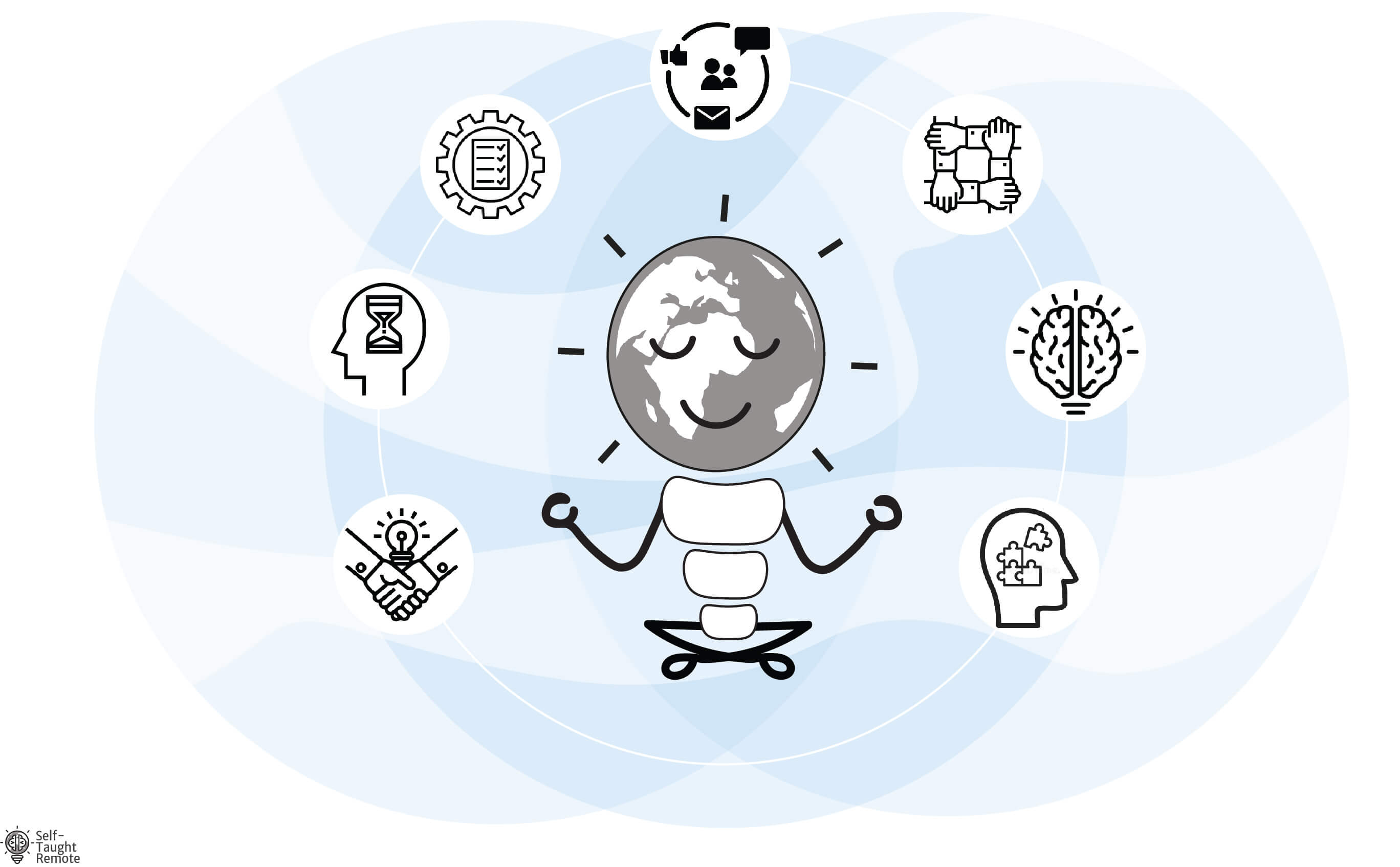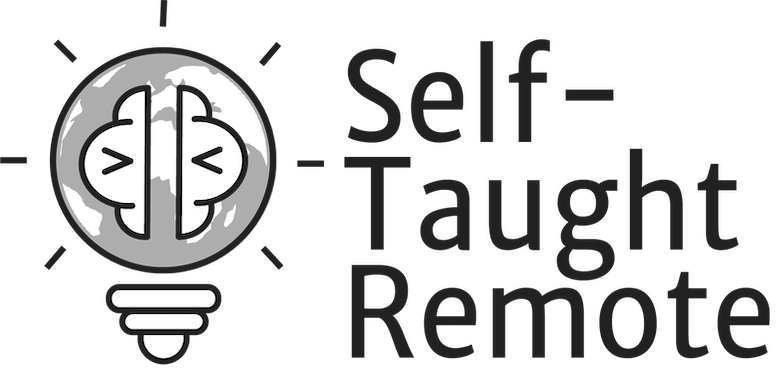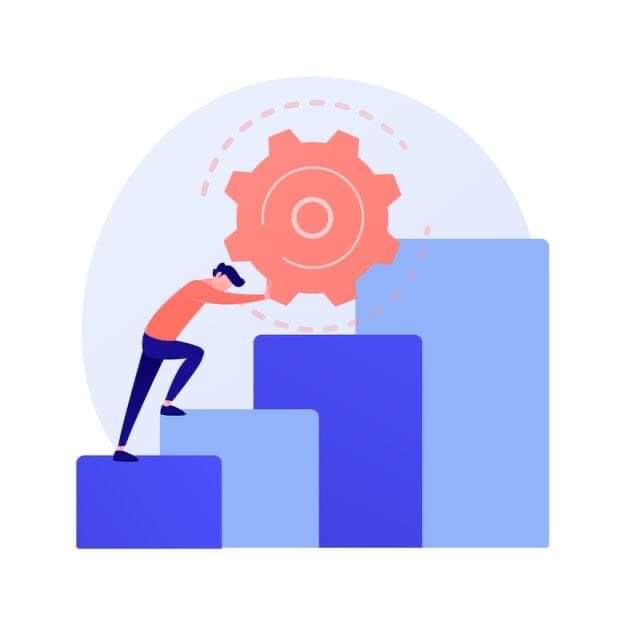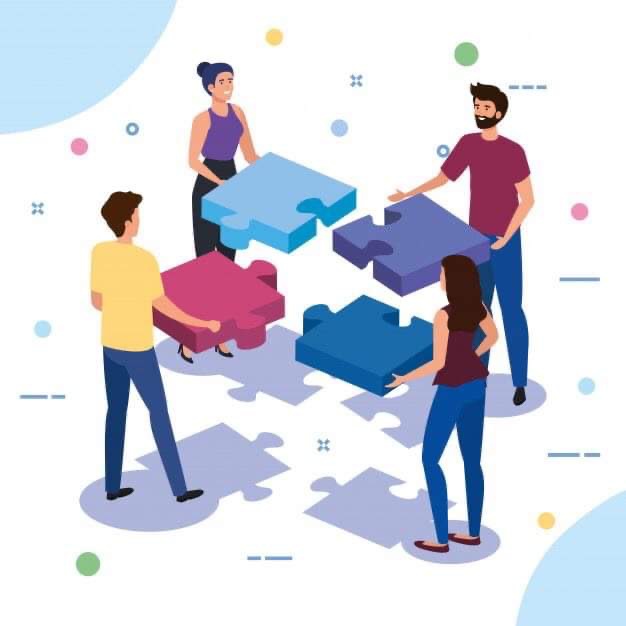Soft Skills You Have to Master to Strive as a Remote-First Software Developer and Self-Taught Remoter

Nowadays, we live in an age when artificial intelligence is one step away from replacing people in many fields.
To stay valuable on the market as a Software Developer, aside from good technical skills, one needs other knacks. Even with excellent technical skills, there can be a chance to be neither recognized nor appreciated for the efforts unless you master so-called soft skills.
To excel in any technical or leadership position, a Software Developer needs to master soft skills. And to strive as a remote-first developer, those skills a must – no compromise at all.
Let's walk through a few of them and see what they are.
Empathy
The best developers try to understand everyone whom they work with: customers, colleagues, clients. It creates an environment where they can do their best job. Empathy is an advantage – it allows seeing things from aside, from others' perspectives. It helps to become more sensible and approachable.
Some common issues in software development are avoidable with a bit more empathy. You, as a Software Engineer, write code with people and for people more than for machines. That tiny shift in perspective can have a profoundly positive impact.
Of course, at first, you want the code to compile down into a specific series of ones and zeros that will make the software perform the way expected regardless of whether the code is readable for others or not. However, when you think about the people who will encounter the work and adjusting your code to make it easy for them, you practicing empathy. Show that you care about a reader with your code.
Understanding other people, their belief systems, their mental and personal characteristics are beneficial for the career. Being more empathetic starts and ends with being a human-first Software Developer.
Patience
Any feature development goes through requirements gathering, design, implementation, testing, deployment. And often, it takes more time than initially anticipated.
Often complex problems are hard to solve. And you will often stumble upon one for a while without making any step forward. And since you have never solved the same problem before, you do not know when the answer will come.
Sometimes requirements changes that require redo a lot of work you have given your best. It will piss you off, trust me, especially at the beginning of your career.
Sometimes you will be in situations when your teammate promised to deliver his part of the feature you rely on while building your solution. And he could not make it.
Many of these aspects are even harder to handle when you work in a remote-first environment.
To go over all that - patience is crucial. First of all, the most important person you have to be patient with is you. Be patient when trying to solve a complex problem and you do not have an answer yet. Give yourself enough time, enough chances to make mistakes, and fix them. Do not be too hard on yourself.
Once you are patient with yourself, it is easier to be patient with customers, clients, and colleagues.
Time management and consciousness
Working under pressure and meeting deadlines is the life of any Software Developer. Software development success depends on getting more done in a short period. That is why time management is another significant skill. Here are a couple of things you can use to manage your time as a remote Software Developer:
- Estimate the amount of time each task takes to complete. It will often be inaccurate, but it will help to leverage Parkinson's law
- Decide what your priorities are. Remember: "The most important thing is to keep most important thing the most important thing"
- Schedule these tasks on your calendar like any other appointment.
- Use apps like World Clocks Pro to ensure you know what time it is now at places your colleagues are.
As a remote-first Software Developer working in a distributed environment, you have to be time-consciousness.
So, make a point to include dates and time zones when you suggest or agree to meetings or deadlines with colleagues. So, if you are in San Francisco and the company is in New York, you can say: - I would be happy to talk with you tomorrow on Monday, March 16, at 10 AM PDT / 1 PM EST.
Communication
Communication is essential for any job, and it becomes even more important when working remotely. In the absence of face-to-face interactions, you need to make sure an employer, clients, or colleagues can effortlessly get in touch via email, instant messaging, or video calls—you cannot just go off the grid for days on end. As a remote worker, it is crucial to show you are just as reliable as you would be inward. You have to be: contactable, responsive, and communicative about the status of the ongoing project.
As distributed Software Developer you should have top-notch communication. Be very prompt to reply to any contact from people one works with. It is also crucial to keep messages clear, concise, and correct. In other words, read and edit, proofread one more time before sending.
The other great challenge is taking complex technical problems and describing them in simple terms for non-techies to understand. Your team will often include marketing, designers, and not tech people. So do not make their life harder using tech slang you have learned at school.
Although your main job is to express your ideas in code, you will often be crafting reports and documentation for people who far from the tech world. So when you do that, choose the right way to report the issue to the client and your other team members.
"If you cannot explain it simply, you do not understand it well enough." – Albert Einstein.
The best programmers understand clients do not always know what they want, especially when they are unfamiliar with programming and limitations. Much of a job involves analyzing to infer, which may entail a process of trial-and-error.
Also, a developer has to communicate openly with software testers to get their honest feedback to improve the quality and performance of the product under development.
Collaboration and teamwork
There is no getting away from working in a team as a remote Software Developer. The lack of teamwork is one of the primary reasons products can fail.
Team collaboration in a remote-first environment is not the same one you have had experience with at school or office. In the distributed environment, you will often work with people from all over the world.
They could live in different time zones, natively speak other languages, have different cultural backgrounds and set of beliefs than you. And it is crucial to be prepared to consider all these factors in collaboration.
Everyone conveys their ideas either messengers, email, group call, screen record, or screen sharing in a remote working environment. So it is essential to learn all those tools and master skills to convey your ideas and thoughts via those tools.
Teamwork does not mean agreeing with everyone about everything. There also should be a place for thoughtful disagreement. Different opinions towards achieving the same goal are what make companies genuinely successful.

Open-mindedness
In general, open-mindedness appeals to accepting new ideas, whether they are yours or someone else's. It is openness to being wrong and the ability to go over your ego-driven desire to be always right.
In a traditional working environment, you would usually work with people from the same city or country. So the mindset of people you work with is close to yours. Hence, it is easier to practice open-mindedness there.
But it is not the case in distributed software development teams. There you will work with people from all over the world. And many of them may have radically different viewpoints on aspects of the project you work on.
Be open-minded regardless. When collaborating with people from all over the world, make sure you give a chance to any idea that comes in. It will open a door for your personal growth and will increase the probability of project success.
Summary
To strive as a remote Software Developer, you need to challenge yourself constantly on both the hard skills side and the soft skills side.
Staying on top of your technical skills and establish an efficient work discipline will make you a good Software Developer.
But the road to greatness in remote-first Software Development lay through the combination of tech and soft skills. And I believe greatness is what you are looking for.







There are currently no comments